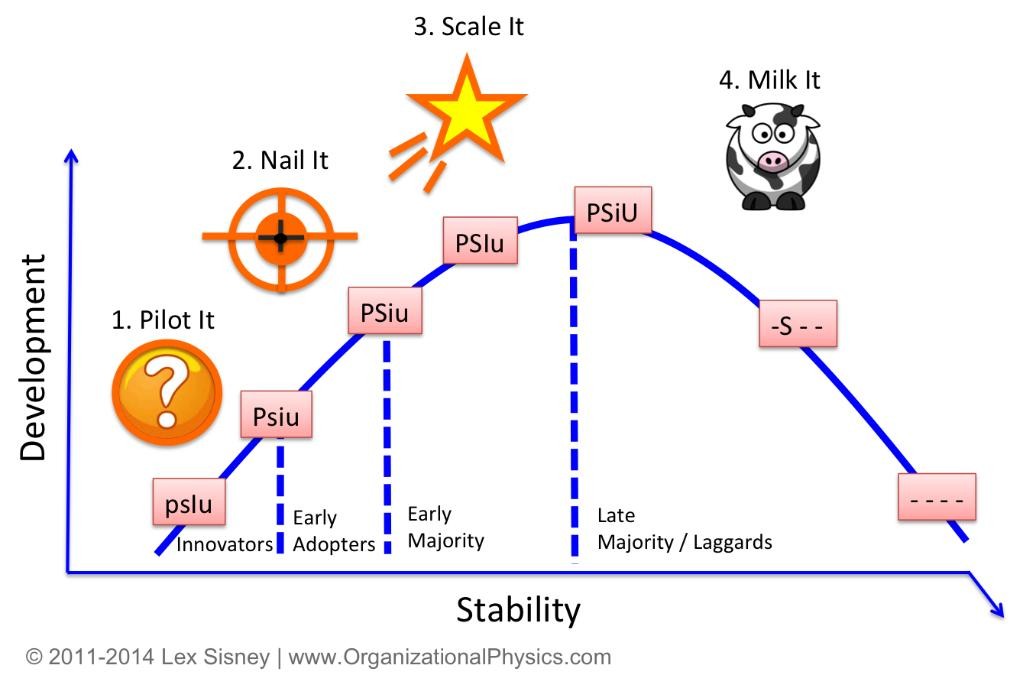Three Economic Indicators You Ought to Know How to Read
Post on: 7 Май, 2015 No Comment

The announcements of economic indicators like the Consumer Confidence Index and Personal Income were blamed for market ups and downs in the past week. Economists at large institutional investment firms such as hedge funds keenly watch these indicators and act upon them. Indicators are very important data to them because they act as guideposts in developing and testing their “macroeconomic thesis”, a fancy term for their view of where the economy is headed. It is essential for such large investors to get their macroeconomic thesis right, because it is the foundation for their investment strategy.
As an individual investor, you do not have a professional economist guiding your investments but luckily, economic indicators are available to you easily and for free. Here is a list of a few highly-followed indicators and what they mean for you:
Consumer Confidence Index:
What It Is: This index is not as touchy-feely as it sounds. It measures how consumers are “feeling” about the economy, but it does so in very concrete ways. For instance, it asks consumers questions such as “Are you buying or refinancing a home?” or “Are you planning a large purchase?” to determine if consumer spending is likely to provide a boost to the economy in the coming months. Since consumer spending accounts for about 60% of the US economy, this is one of the most watched indicators. Also, this is a Leading Indicator, which means it helps predict where the economy is headed rather than where it currently is. In early 2007 when the stock market was going strong and GDP numbers were looking good, consumer confidence was already starting to decline, signaling that the average American was uneasy about the economy. Over the next few months, the worst recession in decades unfolded.
How To React: Invest in consumer-driven companies such as retailers, restaurant chains, makers of household goods, home builders, credit card companies etc. when the index rises. Stay away from them if the index is lukewarm or negative. If you own a small business, prepare for declining revenues by controlling your costs and putting off expansion plans.
Consumer Price Index (CPI):
What It Is: The price of a basket of common goods (such as groceries, clothes, movie tickets etc.) purchased by most consumers. This indicator is a direct reflection of inflation in the economy, and if it rises, it can really spook markets.
How To React: An increase in CPI is bad for companies that are in a competitive market or are otherwise unable to raise the price of their product to pass on the higher costs of raw materials to their customers. Think of manufacturers of branded household cleaners. If they raise prices, consumers will move to the generic store brand, so they have to swallow the cost increase, which cuts into their profits. Cut exposure to stocks of such companies. Bonds will also lose value because inflation takes a bigger bite out of their fixed returns. High CPI numbers are often countered by the Federal Reserve with an increase in interest rates. This means you should wait before you lock your money in CDs to see if you can get a better rate after the Fed hikes rates. Also, rents are likely to go up when inflation rises, so lock in a longer lease term if you can.
Treasury Yield:
What It Is: The rate that treasury bond buyers are willing to receive from the government in return for their investment in treasury bonds. A low treasury yield signifies that investors are unwilling to invest in riskier investments such as stocks or corporate bonds and are instead accepting a very low rate of return in exchange for lending to the government, which is a super-safe investment.
How To React: When treasury yields start to rise, mortgage rates are sure to follow. If you have to refinance your mortgage, do it before yields rise any further. If you are planning on buying a house but are wondering if you should wait, watch the trend in treasury yields.
In uncertain economic times, the stock market gets a lot of news coverage. But stocks are not the only thing that you need to watch in order to understand where the economy is going. Economic indicators are often a better guide to the future and can help you make smart financial moves.
I would love to hear about other economic indicators that you watch before making personal financial decisions.
Editor’s Note: I’ve begun tracking my assets through Personal Capital. I’m only using the free service so far and I no longer have to log into all the different accounts just to pull the numbers. And with a single screen showing all my assets, it’s much easier to figure out when I need to rebalance or where I stand on the path to financial independence. They developed this pretty nifty 401K Fee Analyzer that will show you whether you are paying too much in fees, as well as an Investment Checkup tool to help determine whether your asset allocation fits your risk profile. The platform literally takes a few minutes to sign up and it’s free to use by following this link here. For those trying to build wealth, Personal Capital is worth a look.














